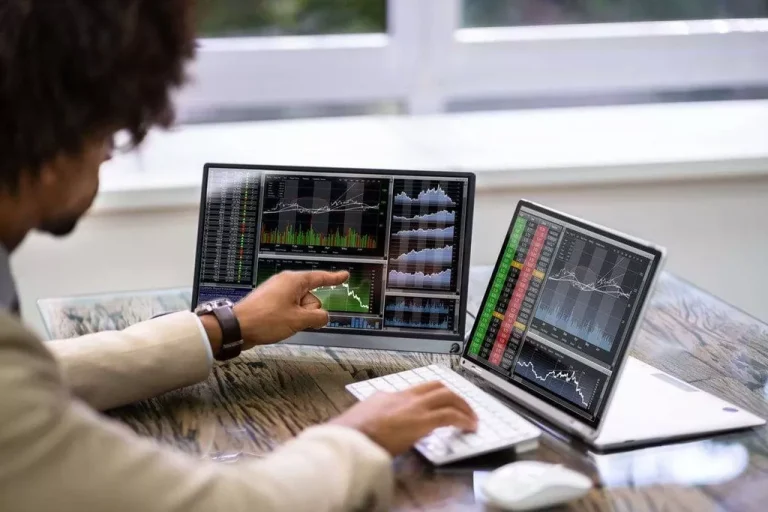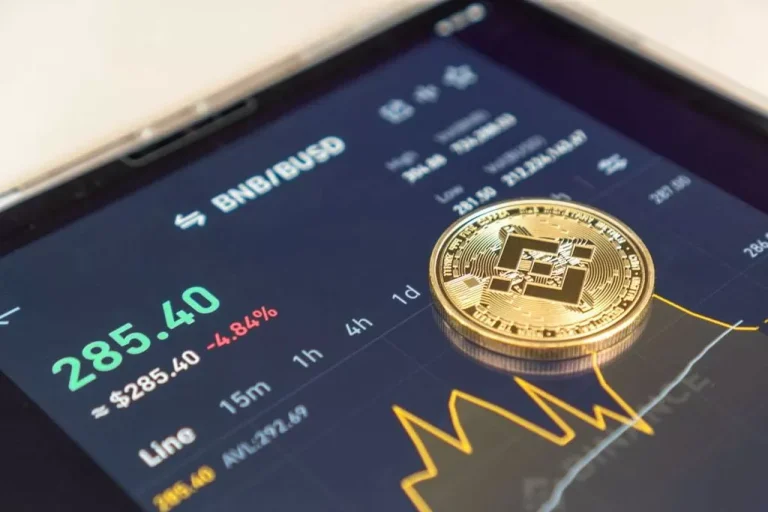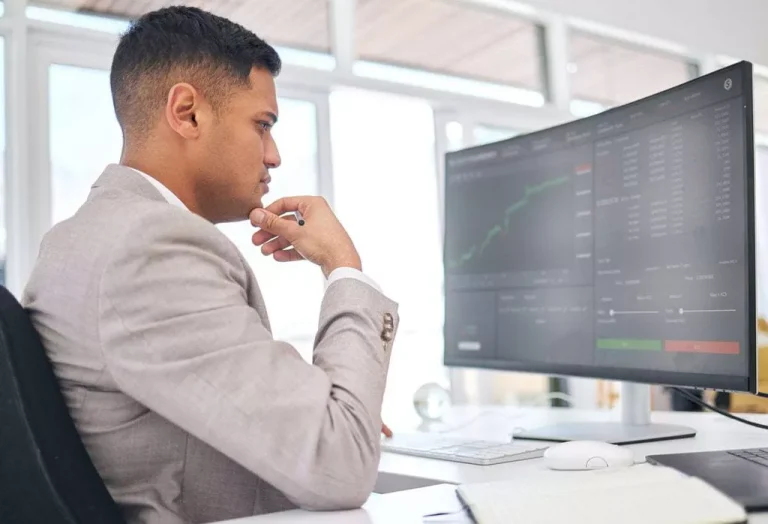By enforcing these rules, SEBI works to create a good and secure place for buying and selling. Charges, phrases, products and services on third-party websites are subject to alter with out discover. We could additionally be compensated however this shouldn’t be seen as an endorsement or suggestion by TradingBrokers.com, nor shall it bias our dealer reviews. While we attempt to keep info correct and updated, things can change without discover and due to this fact you want to do your own analysis.
How Regulators Detect Insider Buying And Selling In Day Markets
Please see our Phrases & Situations and Danger Disclosures pages for more information.PAST PERFORMANCE IS NOT A GUARANTEE OR A RELIABLE INDICATOR OF FUTURE RESULTS. NO REPRESENTATION IS MADE OF IMPLIED THAT THE USE OF ANY OF NURP’S PRODUCTS WILL GENERATE INCOME OR GUARANTEE A PROFIT. USE OF NURP’S PRODUCTS INVOLVES A DEGREE OF RISK, INCLUDING RISK OF LOSS. LOSS OF THE ENTIRE DEPOSIT IN YOUR TRADING ACCOUNT IS POSSIBLE AND USE OF LEVERAGE CAN LEAD TO LARGE LOSSES.Please see our Phrases & Situations and Risk Disclosures pages for more info.
- Macro-based buying and selling entails inserting trades based mostly on macro factors, such as financial information and geopolitical events.
- Institutional merchants are professionals who purchase and sell securities on behalf of huge organizations or establishments rather than for personal accounts.
- Institutional buying and selling is when huge companies buy and sell monetary belongings.
- Many institutional merchants operate throughout sure hours, such because the London or New York buying and selling periods, which tend to have larger liquidity and volatility.
- Establishments commerce in large volumes, so on the lookout for gradual and sustained quantity increases over a few weeks can indicate institutional trading exercise.
Benefits Of Utilizing Institutional Buying And Selling Platforms
It’s a lens through which to view technical evaluation, including a layer of institutional consciousness. Unlike retail buyers, who are sometimes drawn to short-term positive aspects, institutions take a decidedly long-term perspective. Their horizons stretch throughout months, years, and even a long time, permitting them to weather short-term fluctuations and capitalize on enduring tendencies. This affected person approach permits them to spend money on assets with long-term development potential, fostering a extra steady and sustainable portfolio. Though retail traders and institutional merchants are completely different breeds of traders, retail merchants typically turn out to be institutional traders.
The complex algorithms and sophisticated technologies that energy institutional buying and selling platforms are at their heart. These platforms use cutting-edge algorithms to investigate market knowledge, establish trading opportunities, and execute transactions at lightning-fast speeds. Institutional trading involves shopping for and promoting financial devices within the portfolio of a giant monetary institution. This can embrace shares https://www.xcritical.com/, bonds, currencies, derivatives, and different securities.

Tip 1: Seek Opportunities In Ipos And Penny Stocks
If you find an attention-grabbing comment or suggestion, do your research to again it up and make a sensible investment determination. However traders favor to enter both on the opening worth of institutional candles or 50% of the push. However your cease loss ought to be positioned above the institutional candles for the promote orders and under the down-close institutional candles for the purchase Prime Brokerage orders. You might place your SL above or under the institutional candle’s body or wick.
HowToTrade.com helps traders of all levels discover ways to commerce the monetary markets. Retail merchants can observe go nicely with by contemplating carry trades between currencies just like the USD and the Japanese Yen. This strategy includes borrowing funds in a low-interest-rate forex (e.g., JPY) to spend cash on a higher-yielding currency (e.g., USD), taking improvement of the rate of interest differential. As a retail dealer, you’ll have the ability to follow central banks’ meetings and monitor the FedWatch tool, which helps in predicting probabilities of price hikes or cuts. Furthermore, institutional traders can purchase grains similar to wheat, corn, and soybeans in occasions of drought or promote them when there’s an oversupply in the markets. They additionally observe petroleum products like oil, pure gasoline, and heating oil, that are extremely affected by climate and geopolitical events.
By monitoring their positions and methods, particular person merchants can achieve priceless insights into market trends and potential opportunities. Whether Or Not you are a retail or institutional dealer, it is important to keep informed about the latest trends and developments out there to make informed selections about your investments. For instance, in relation to the rebalancing of the index, institutional merchants may need to adjust their positions to reflect adjustments in the underlying securities. Retail traders normally commerce in smaller quantities and may not have entry to the same assets as institutional merchants. Institutional merchants can execute trades price hundreds of thousands and even billions of dollars without delay, whereas retail merchants usually trade in smaller amounts.

Institutional buying and selling platforms assist small and medium-sized businesses, together with start-ups, get into capital markets. They provide a method for firms to raise money, get noticed, and observe guidelines higher. These platforms have special options like order administration and risk instruments. They also connect with other methods for portfolio management and knowledge evaluation.
This empowers buyers to make informed selections primarily based on real-time market data and developments. The algorithms and knowledge analysis capabilities within these platforms help uncover the best possible prices, guaranteeing buyers get probably the most worth from their trades. Institutional trading is the primary institutional trading methods driver of monetary markets around the globe. Assume of them as funding powerhouses like banks and pension funds. However they don’t simply buy and sell stocks and different financial devices; they analyze trends and geopolitical events, make calculated moves, and trade in large volumes that may affect costs. They often spread out these massive trades to avoid inflicting market mayhem.
The last thing an institutional investor desires to do is call an excessive amount of attention when they are building a position. As a retail dealer, you want to search for their nice footprints — gradual but sustained quantity improve over a number of weeks. By keeping up-to-date with current reports, professional suggestions, and analysis of this matter, you may make knowledgeable funding choices that may assist you to achieve your financial objectives.
These ranges typically represent areas the place institutional merchants should buy or sell massive portions of an asset with out impacting its worth significantly. Typically, liquidity is larger at certain worth ranges, making these zones best for large market gamers to enter or exit positions. When price strikes into such liquidity zones, the massive players could begin placing orders, which might either push the value additional within the direction of the development or reverse it entirely.

Traditionally, the development of institutional buying and selling has occurred in parallel with the expansion and formalization of financial markets. Institutional trading is practised by a authorized entity that accumulates funds from a number of completely different buyers to invest in completely different financial devices similar to stocks, bonds, actual property etc. In quick, institutional trading is finished by large organizations on behalf of their clients.
Quantitative strategies offer unparalleled pace and precision, permitting establishments to react to real-time market modifications. However, in addition they contain high technological investments and sophisticated model growth, making them inaccessible to most retail buyers. Additionally, algorithmic trading can contribute to market volatility and lift ethical considerations regarding fairness and market manipulation. If a retail dealer continues to generate constructive returns and accumulate more capital from different investors, they could arrange into what is actually a small funding fund.
Institutional trading is the process of purchasing for and selling securities by massive financial institutions corresponding to banks, hedge funds, and pension funds. In the foreign exchange market, institutional merchants typically have interaction in carry trades, exploiting rate of interest differentials between currencies to generate returns. For instance, monetary establishments intently monitor rate of interest bulletins and expectations to find out when to buy high-interest-rate currency and promote a low-interest-rate forex. Institutional traders often use technical analysis for short-term buying and selling, capitalizing on short-term market fluctuations. They also typically use key levels to find out the place to position their massive orders. To try this, they determine key supply and demand zones and use these levels to enter and exit giant positions.
Unlike retail traders, these giants have entry to particular instruments and offers, often unavailable to us, that get them higher costs and even let them nudge the market a bit. Such tools include the Bloomberg Terminal, a list of auctions, and connections to politicians and monetary leaders. They play the lengthy game, focusing on strategies that work over years, not days. The regulatory landscape for institutional trading is consistently evolving, with new guidelines and guidelines emerging regularly. Staying abreast of these adjustments and making certain compliance is crucial for avoiding penalties and maintaining a powerful popularity. Algorithmic trading, in particular, faces growing scrutiny, with regulators specializing in market stability and integrity.

